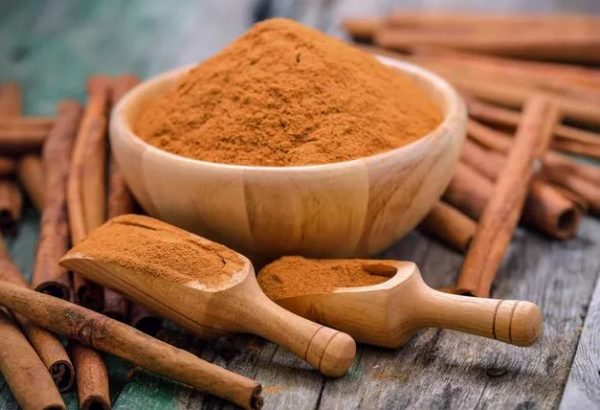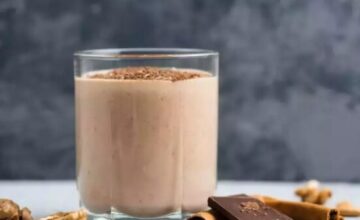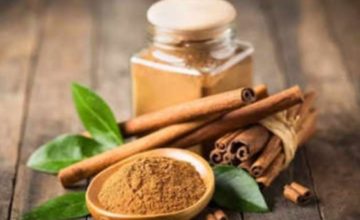
Cinnamon is the warming spice that tastes so wonderful in apple pies, aromatic curries and, of course, naughty-but-nice cinnamon rolls. The spice has purported health benefits, too.
However, too much cinnamon can cause problems, so it pays to understand how much is harmful and when to go easy.
Large amounts of some cinnamon preparations may be bad for the liver and for those on blood-thinning drugs. However, normal dietary use of the spice is safe for most people.
There are different types of cinnamon, derived from the bark of cinnamon trees. Chinese “cassia” is the most common type of cinnamon sold in North America while “Ceylon cinnamon” — sometimes called true cinnamon — is more common in other countries.
The benefits of Cinnamon
Studies in humans don’t support using cinnamon for any health condition, but acknowledge that the spice has a long history of use in traditional medicine.
A number of studies have looked at cinnamon and blood sugar control. Taken collectively, these studies seem to indicate a benefit for people with high blood sugar. For example a December 2016 review in the Journal of the Academy of Nutrition and Dietetics suggests cinnamon and its extracts improve glycemic control in people with Type 2 diabetes.
In addition, a November 2017 review in the Journal of Lipidology showed cinnamon supplementation reduced levels of cholesterol and triglycerides in the blood.
How much is too much?
There aren’t any official guidelines dictating how much is too much cinnamon, but it is advisable to check with your doctor before taking any supplement, including cinnamon supplements, to make sure they’re safe for you and won’t interfere with any prescription medications.
If you want to add cinnamon to your diet, the best way is to use it as a food – sprinkling cinnamon on oatmeal or cook with about one-half teaspoon to one teaspoon of the powder daily.
If you are worried about coumarin levels, seek out Ceylon cinnamon to be on the safe side. For example, a June 2018 study in Scientific World Journal found this variety of cinnamon to be coumarin-free. Ceylon cinnamon sticks lend themselves well to making a cinnamon tea.
On a related note, be cautious of the “Cinnamon Challenge.” This dare involves people, often children, trying to eat a spoonful of ground cinnamon in under 60 seconds for “fun” without drinking anything alongside. The May 2013 issue of Pediatrics warns the stunt has a high likelihood of damaging the lungs and therefore should be avoided.




